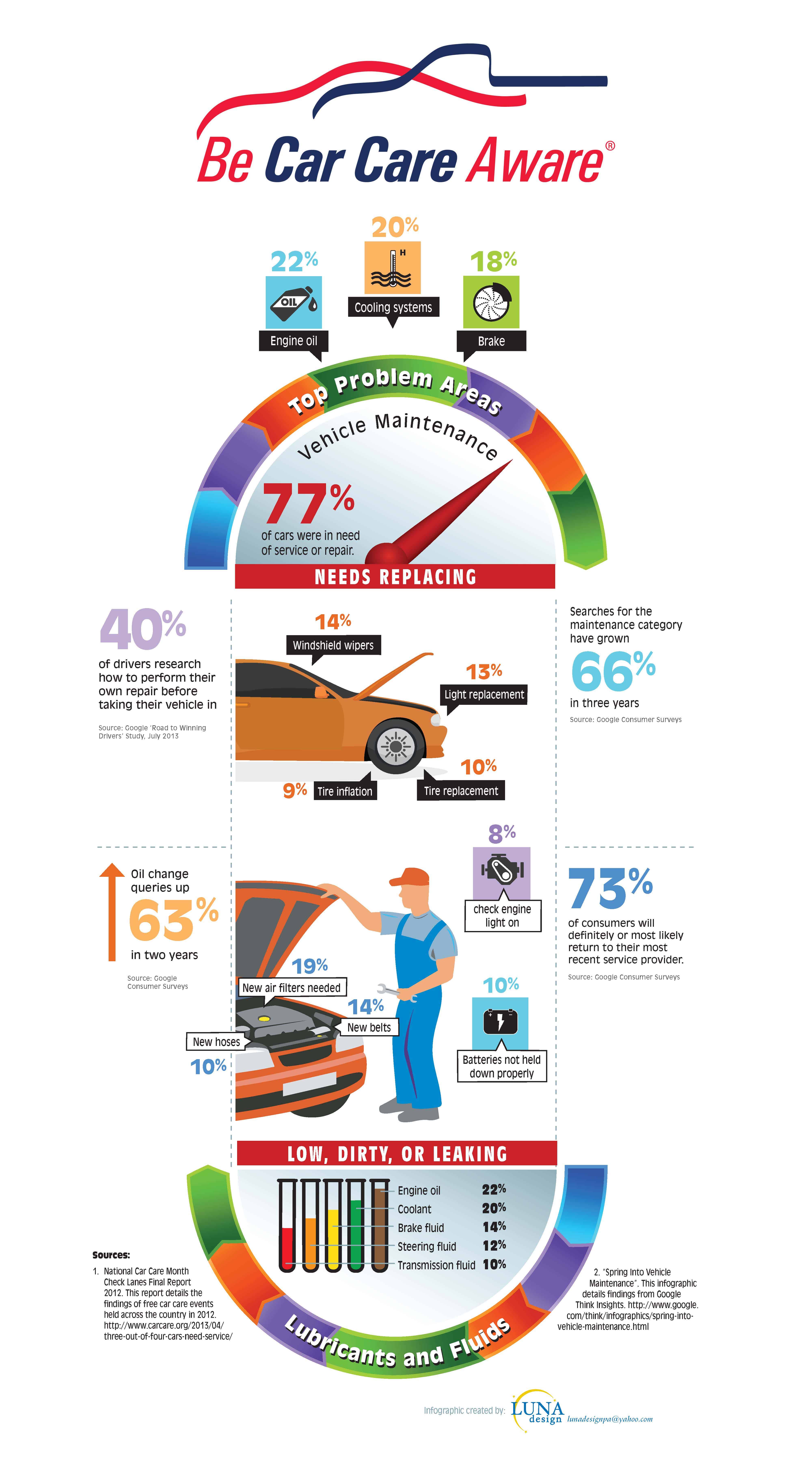Checking Out The Ecological Benefits Of Warmth Pumps - A Lasting Heating Remedy
Checking Out The Ecological Benefits Of Warmth Pumps - A Lasting Heating Remedy
Blog Article
Write-Up Created By-Barry Stampe
In a period where sustainability and energy performance are paramount, many organizations look for eco-friendly heating solutions. One such service is the heatpump.
A heat pump draws out the warm in its environments and pumps it right into your home, leading to among the most efficient environment-friendly main furnace around. This procedure additionally produces absolutely no greenhouse gas emissions, making it a highly lasting technology.
Energy Performance
Heat pumps are really energy effective and call for little upkeep. They utilize less electricity than other heater and are by far one of the most environmentally friendly. They work well with rooftop solar and can often spend for themselves in utility cost savings alone.
They can also provide cooling, which is fantastic for garage workshops, attic room hangouts and perk areas, and home additions without prolonging the existing ductwork. They can even be utilized for retrofits in existing homes with hydronic (water-based) distribution systems such as reduced temperature radiators or radiant floorings.
Look for versions with SEER and HSPF rankings that meet or surpass Canada's minimum requirements, as well as the standards in your area. Greater ratings mean greater efficiency, which conserves you money in the future and reduces your carbon footprint. You might also receive refunds and motivations! The most effective devices are those with a ground warm exchanger for included efficiency. These units can absorb thermal power from the ground during the winter and remove it in the summertime.
Reduced Greenhouse Gas Emissions
Heatpump run on electricity and basically transfer warmth from the air, also when it's cool outside. They are able to extract the totally free heat caught in air particles and move them indoors, reducing moisture while doing so.
Compared to mouse click the following web page , modern heatpump make use of less than one kilowatt of electricity per kilowatt of heating power they create. This makes them the most energy effective heating option offered with a POLICE (Coefficient of Performance) of 4 or even more. By reducing the requirement for fossil fuels, heat pumps help reduce greenhouse gas discharges and reduce various other significant air pollutants.
Structure decarbonization is a worldwide imperative, and the HVAC market is a key motorist of that process. Whether it's real estate investors making net absolutely no dedications, policy makers establishing discharges restrictions, or occupants demanding greener areas, electric heat pumps are being identified as a crucial service. mouse click the next article are a cost-effective way to reduce carbon emissions by getting rid of the demand for fossil fuels in structures.
Convenience
Heat pumps can be made use of in many types of homes and structures-- with or without ducts. They deal with hot-water radiators, air-conditioning and programmable thermostats. They can change furnaces or be installed in brand-new homes. They can work on solar panels, geothermal systems or perhaps area heating sources like wastewater.
They're excellent at providing more warm per power system. For instance, an air-source heatpump creates as much as three or even more heating devices from each electricity unit it consumes.
Obtaining one of the most from your heat pump will certainly depend upon your environment zone and high quality of insulation. Look for versions with ENERGY STAR rankings and contrast their SEER or HSPF specs. In warmer environments, concentrate on SEER; in cooler regions, think about a system with a higher HSPF rating. Additionally, invest in air securing and insulation to minimize the load on your heat pump. That will certainly boost energy performance and help you reach your Net Zero goals much faster.
Biomass Boilers
Biomass central heating boilers utilize timber pellets, chips or logs to create heat and hot water. They are a great selection for off-grid residential or commercial properties or those that wish to get off the gas grid.
As a standalone heating unit, biomass can offer enough power to keep your home warm all the time without the common heat drop off of other sustainable innovations. They can likewise be utilized along with solar panels to maximise financial savings and gain from RHI settlements.
A disadvantage of these systems is the upfront price and routine fuel deliveries. Commonly, pellets will need to be blown into a gas shop using a vacuum system or they can be by hand fed right into the central heating boiler through a hopper. Logs are commonly self-sourced from close-by forest or gotten wholesale. In addition to this, they need manual loading and may require cleaning on a regular basis.